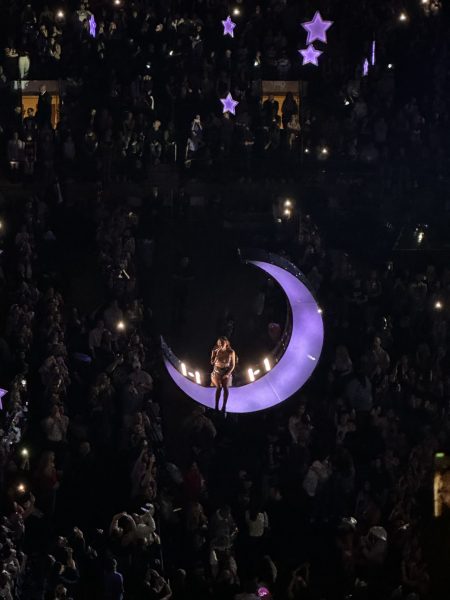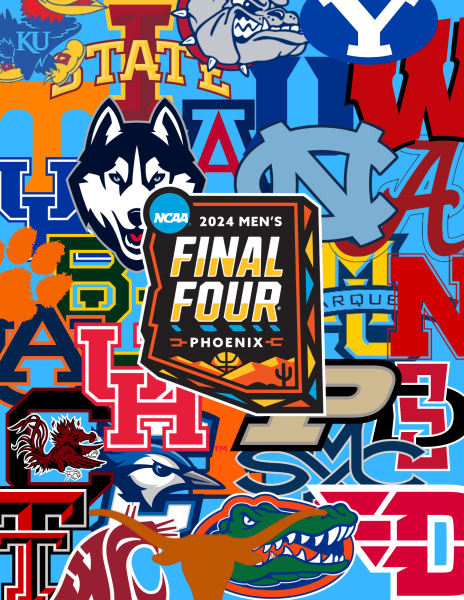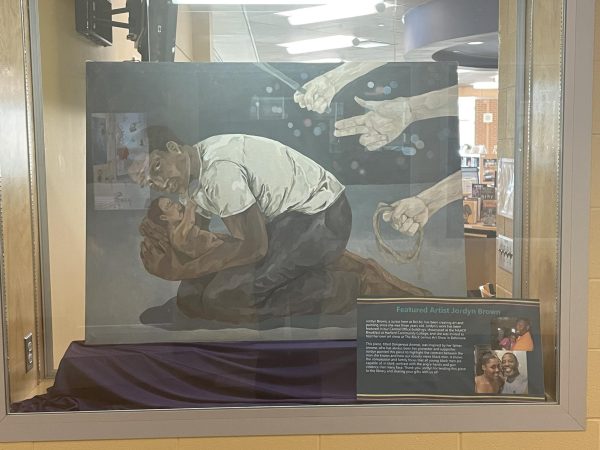Famous Firsts in History
September 1, 2016
Throughout history mankind has proven its ability to accomplish amazing feats – things originally thought of as being impossible. By doing new and incredible things, people not only inspire others worldwide to achieve the impossible, but also show the world what the human species, when driven and determined, is capable of. Here are some firsts in history.
- Elizabeth Blackwell became the first woman to graduate from an American medical school. Elizabeth started her study of medicine by working with other doctors within the field independently, and, in 1847, was accepted by Geneva Medical College in New York. However, at the school, her classmates, teachers, and even patients would question her competence. In 1849 she proved them wrong, graduating top in her class. Following her graduation, she not only opened her own practice to help others, but also her own medical school to educate other women about medicine.
- Maurice Garin was the first man to win the Tour De France in 1903. Maurice began his racing career in 1892, however his first official first place win was not until 1893 during the Namur-Dinant-Givet Race in Belgium, France. After his first win, he continued to improve his racing skills in both professional and amateur races which allowed him to win both the first and second Tour De France. Unfortunately, after his second victory in the 1904 Tour De France, he was stripped of his title and disqualified for cheating.
- In 1911, Marie Curie, a polish scientist, became the first person to receive two Nobel Prizes in their lifetime while also becoming the first woman to receive both awards. She received her first Nobel Prize in 1903 in the study of physics, and in 1911, received her second award in the study of chemistry. Marie devoted her life to studying the properties of radioactivity by using radiative materials such as radium, uranium, and polonium with her husband, Pierre Curie. Her discoveries helped her not only to win both awards, but to also acquire a fame that has lasted far beyond her death in 1934.
- In 1947, Chuck Yeager, an American Air Force pilot, became the first person to break the sound barrier and fly faster than the speed of sound. The pilot achieved this feat using a Bell X-I Rocket, which he later named “Glamorous Glennis”, flying at a speed of 700 miles per hour. Following his accomplishment, he was given two awards: The Mackay Trophy and the Collier Trophy. Yeager also earned a lifelong fame which he continues to enjoy to this day.
- Edmund Hillary, a New Zealand explorer, was the first man to successfully climb Mount Everest. He reached the top of the 29,029-foot mountain, at 11:30 a.m. on May 23, 1953, with his Sherpa, Tenzing Norgay. Following his ascent to the mountain’s peak, Hillary marked his accomplishment by photographing Norgay holding an ax decorated with the flags of Britain, India, Nepal, and the United Nations. As a reward for his brave voyage, Edmund was knighted by Queen Elizabeth II following his descent from the mountain.
Today, people are still becoming the first to do many extraordinary things. May this list of just a few of mankind’s accomplishments inspire YOU to become the first to do something great not only for this generation, but for all future generations that follow it.











